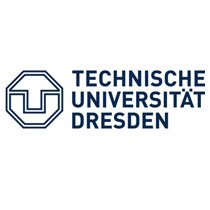Biology
Biology is the natural science that involves the study of life and living organisms, including their physical structure, chemical composition, function, development and evolution. Modern biology is a vast field, composed of many branches. Despite the broad scope and the complexity of the science, there are certain unifying concepts that consolidate it into a single, coherent field. Biology recognizes the cell as the basic unit of life, genes as the basic unit of heredity, and evolution as the engine that propels the creation of new species. Living organisms are open systems that survive by transforming energy and decreasing their local entropy to maintain a stable and vital condition defined as homeostasis. See glossary of biology.
Medicine
Medicine is the science and practice of the diagnosis, treatment, and prevention of disease. Medicine encompasses a variety of health care practices evolved to maintain and restore health by the prevention and treatment of illness. Contemporary medicine applies biomedical sciences, biomedical research, genetics, and medical technology to diagnose, treat, and prevent injury and disease, typically through pharmaceuticals or surgery, but also through therapies as diverse as psychotherapy, external splints and traction, medical devices, biologics, and ionizing radiation, amongst others.
Medicine
This is the way that physicians mend or end us,
Secundum artem: but although we sneer
In health—when ill, we call them to attend us,
Without the least propensity to jeer.
Lord Byron, Don Juan (1818-24), Canto X, Stanza 42.
Medicine
He (Tiberius) was wont to mock at the arts of physicians, and at those who, after thirty years of age, needed counsel as to what was good or bad for their bodies.
Tacitus, Annals, Book VI, Chapter XLVI. Same told by Suetonius, Life of Tiberius, Chapter LXVIII.

